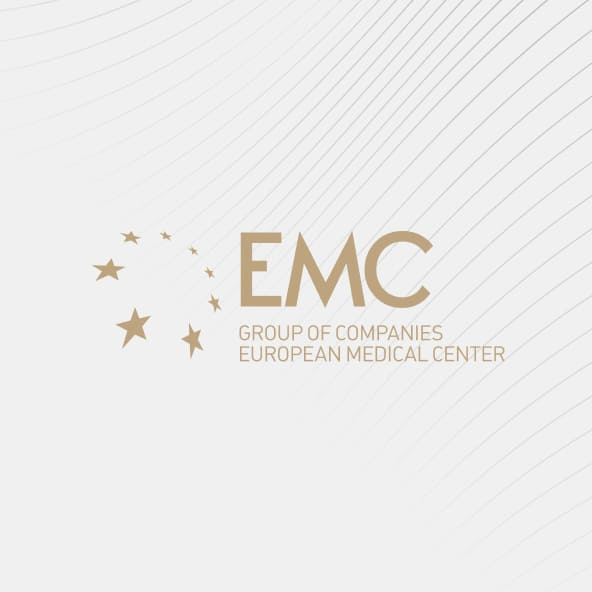ROSI
No sperm, no chance. Treatment of azoospermia in EMC.
When a couple is faced with conception problems, as a rule, both spouses think that the female factor is to blame. But in reality, difficulties can arise due to problems with men's health.
According to the American Society of Reproductive Medicine, the male factor is found in 20% of all infertility cases. Another 20-30% are diagnosed with mixed infertility.
How to overcome male infertility?
Thanks to the development of modern medical technologies, the male factor can be overcome using ART methods, namely through standard IVF.
During in vitro fertilization, active spermatozoa of normal morphology are added to the eggs at the rate of 20,000 thousand spermatozoa per egg. If the quality and quantity of male material is not sufficient for IVF, ICSI is performed. ICSI is an injection of a sperm into the cytoplasm of an egg. This is a very reliable and effective method of fertilization.
What should I do if there are no spermatozoa?
However, all this works if there are spermatozoa. But what if there are none, then the man has azoospermia?
The absence of spermatozoa may be due to various reasons. Sometimes, with the help of hormone stimulation or with surgical intervention (testicular biopsy or extraction of microtubules), it is possible to obtain spermatozoa for fertilization using the ICSI method. Unfortunately, this is not always possible. If there is a block of spermatogenesis (formation of spermatozoa in the testicles), then nothing can be done. And then the only way out (as it was until recently) is to donate spermatozoa. But few men are ready for this.
Spermatogenesis is a very complex and multi-step process. Stem cells form spermatogonia (male germ cells before the start of the growth period), then spermatocytes (immature male germ cells in the middle of the maturation process), then spermatids (male germ cells at the 4th stage of development). The block can be at any stage. Before round spermatids, male cells at all stages have a diploid (double) set of chromosomes. Round spermatids have a haploid (single) set of chromosomes, just like spermatozoa. The idea of using them for fertilization arose a long time ago, but it was not possible to achieve much success. However, in 2015, a publication by Professor Atsushi Tanaka and his Japanese colleagues appeared, in which they announced the birth of 14 children obtained after fertilization with round spermatids. Currently, more than 173 babies have been born.
This procedure is called ROSI. ROSI is an injection of round spermatids.
Who is shown the ROSI procedure?
The procedure is indicated for couples with a history of male infertility factor such as azoospermia.
Where do they make ROSI?
In Russia, the procedure is performed only at the EMC Clinic for Reproductive and Prenatal Medicine. 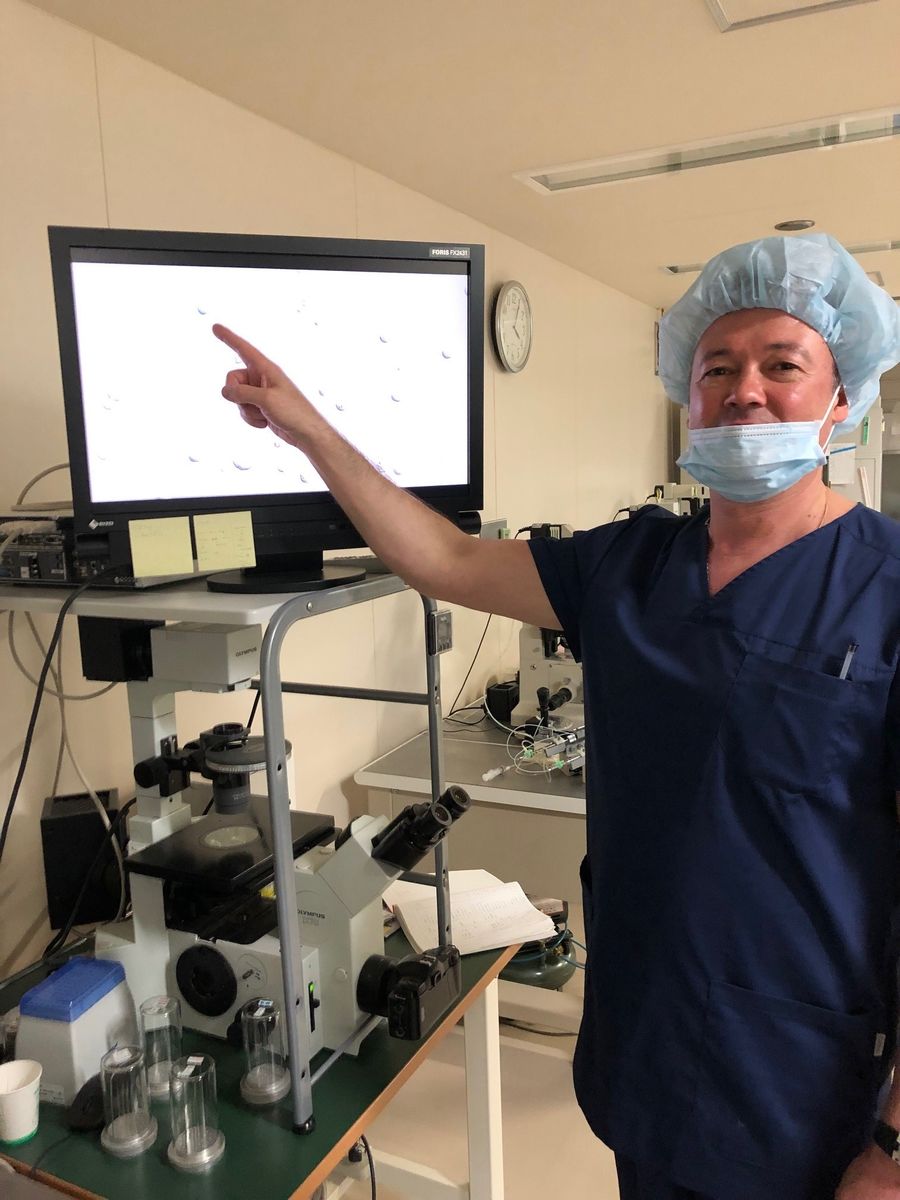 ROSI is a rather meticulous manipulation. The main problem is to distinguish round spermatids from other round cells. This requires proper biopsy treatment and practice.
ROSI is a rather meticulous manipulation. The main problem is to distinguish round spermatids from other round cells. This requires proper biopsy treatment and practice.
 ROSI is a rather meticulous manipulation. The main problem is to distinguish round spermatids from other round cells. This requires proper biopsy treatment and practice.
ROSI is a rather meticulous manipulation. The main problem is to distinguish round spermatids from other round cells. This requires proper biopsy treatment and practice.
Our embryologists have completed an internship at Dr. Atsushi Tanaka's clinic on the application of this technique in IVF protocols. Currently, specialists from the EMC Reproduction Clinic are conducting such programs and helping couples with severe male factor.
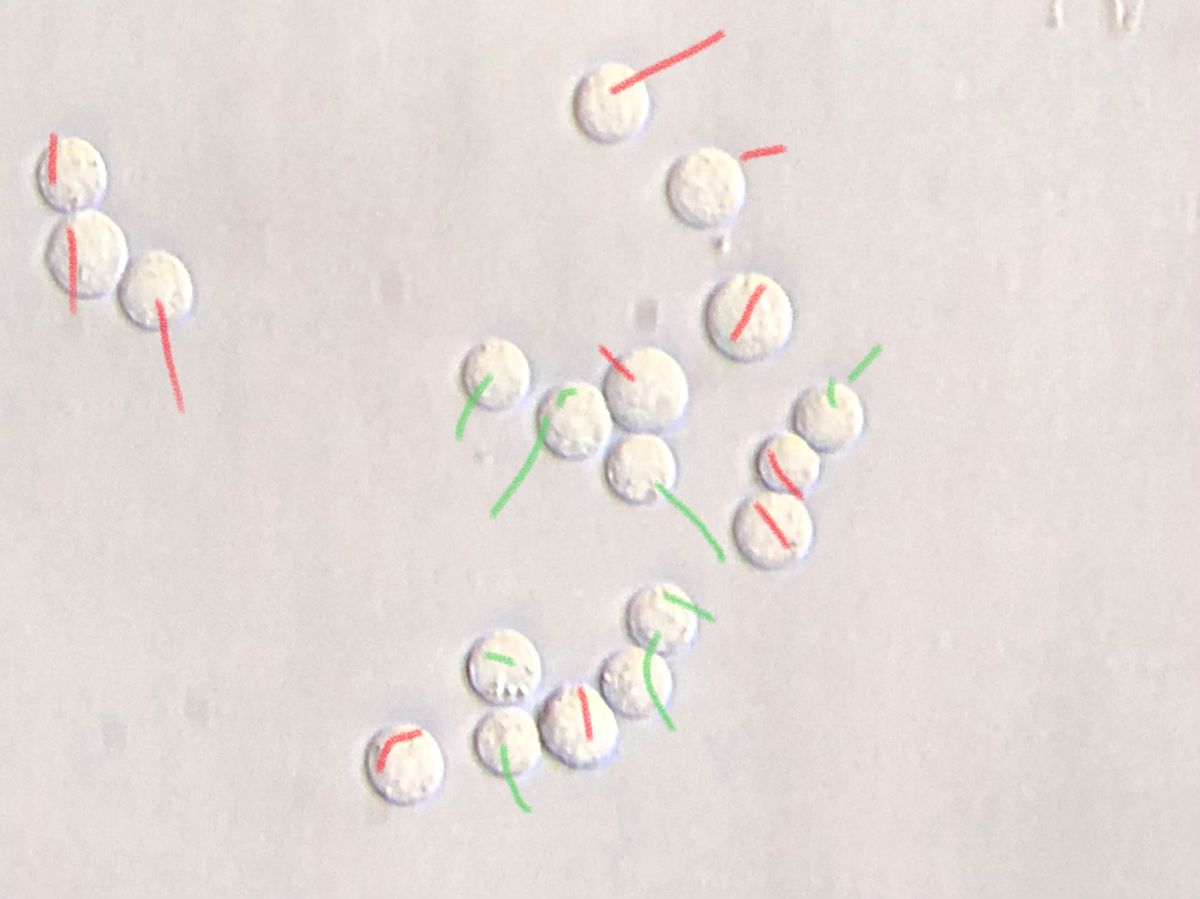
Get help
Specify your contacts and we will contact you to clarify the details.
Doctors
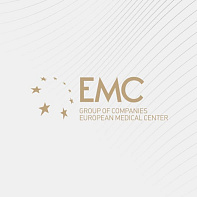
Ron Schonman
Doctor of Medicine
-
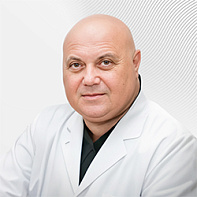
Boris Sakhnovich
Doctor of Medicine
-
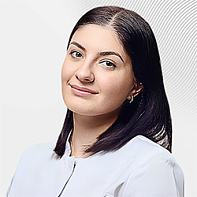
Keburija Lela
Ph.D. of Medical Sciences
-
.jpg)
Mskhalaya Maria
Ph.D. of Medical Sciences
-
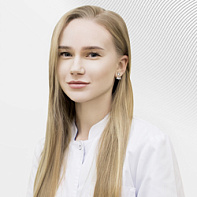
Trofimova Angelina
-
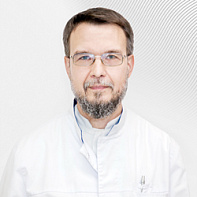
Isaev Dmitry
Ph.D. of Biological Sciences
-
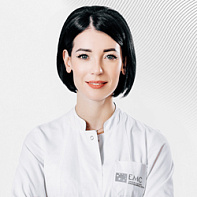
Desyatkova Nina
-
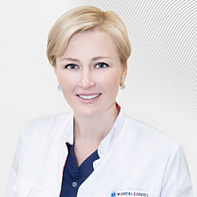
Belousova Nadezhda
-
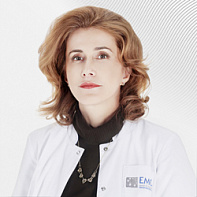
Madan Korneliya
-
.jpg)
Yutkin Evgeny
Head of the Embryology Department of the Reproductive and Antenatal Medicine Clinic at the EMC, Ph.D. of Biological Sciences
-
.jpg)
Volodyaev Ilya
Ph.D. of Biological Sciences
-
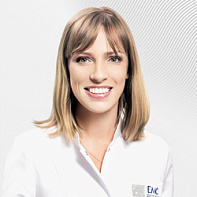
Voznesenskaya-Tverdaya Juliya
Head of Clinic of reproductive and prenatal medicine at EMC
-
Ron Schonman
Doctor of Medicine
- Head of the Surgical Department of the Meir Medical Center, Kfar Saba
Total experience
16 years
Experience in EMC
since 2025
